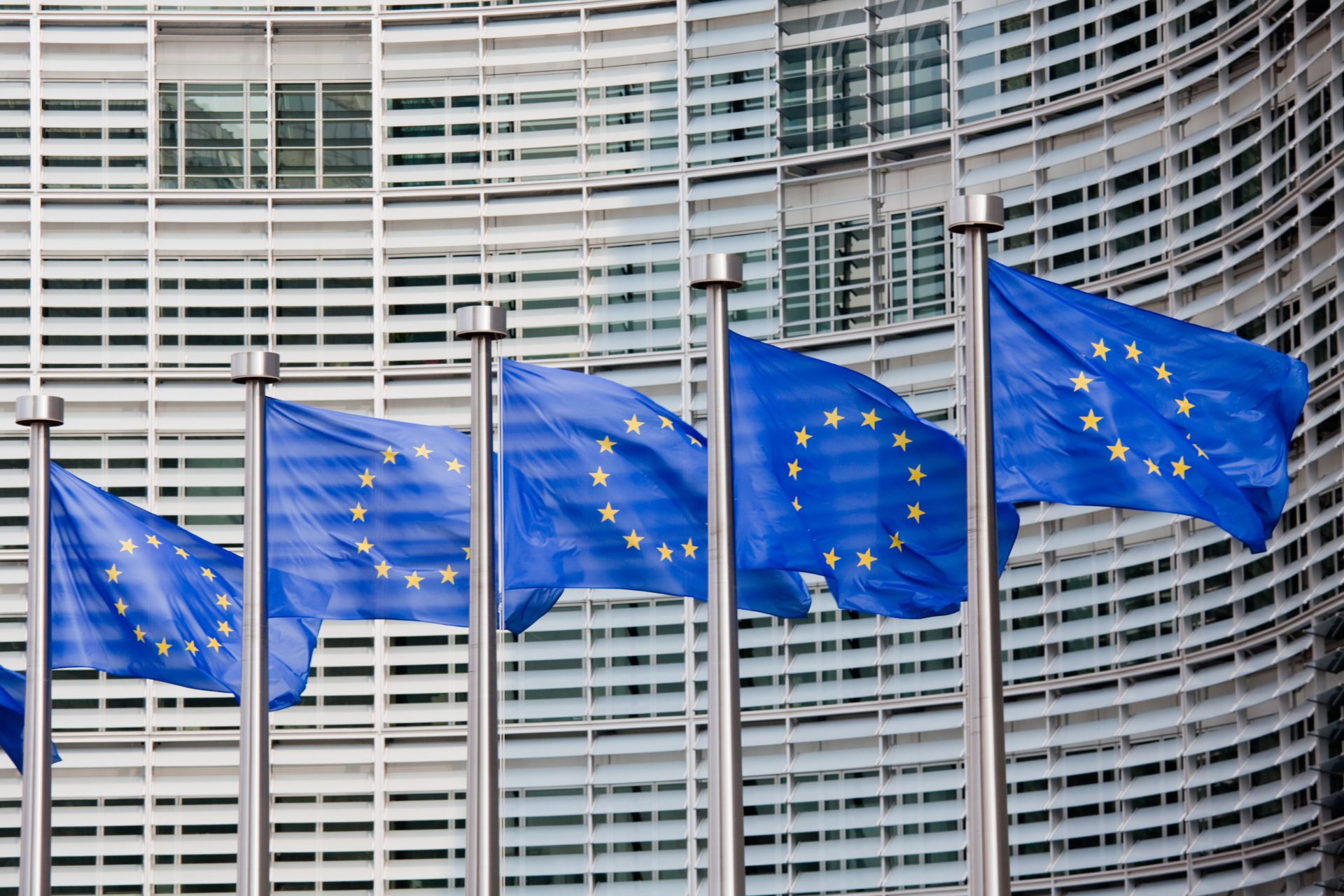
The European Union is taking a next step in the regulation of crypto transactions. During the European Anti-Financial Crime Summit 2025 in Dublin, Paschal Donohoe, chairman of the Eurogroup and Irish Finance Minister, spoke about the EU plans to control cryptotransactions stricter.
These plans must ensure more transparency and better compliance with anti-money laundering rules within the crypto sector.
More transparency for crypto transactions
In his keynote speech, Donohoe emphasized that the new regulations are intended to achieve a higher level of transparency between senders and recipients of cryptotransactions. He spoke about a “reclassification of performance transfermen mechanisms” at EU law level, in which data from senders and recipients of funds must be recorded.
This means that in the future, providers of crypto-authority services (CASPs) must meet the same strict reporting obligations as traditional financial institutions.
“It is essential that we broaden the scope of this type of financial regulation,” said Donohoe. This step is intended to tackle the transparency problems in the crypto sector and to prevent criminal activities such as money laundering and terrorism financing.
In addition to transparency, Donohoe also emphasized the need for better cooperation between EU countries:
“Closer cooperation and coordination are absolutely crucial. Not only at international level, but also at European level. This initiative is a milestone. It is intended to create a strong instruments to tackle these extremely serious problems.”
Stricter rules for crypto companies
The new AML Regulation, which will come into force on 1 July 2027, will have far-reaching consequences for crypto companies. For example, it is forbidden for these companies to do business with anonymous wallets and privacycoins, which will considerably limit anonymity within the sector. In addition, supervisors will be given the opportunity to block IP addresses of non-conformed decentralized scholarships.
Although the law is intended to prevent money laundering and criminal activities, there is also criticism. Patrick Hansen, EU strategy and policy director at Circle, emphasized that this new AMLR law law is “not a cryptore regulation”, but a broader financial law that affects all financial institutions, including crypto companies.
James Toledano, COO of Unity Wallet, even warned that these new rules can jeopardize the foundation of Decentralized Finance (Defi). He stated that these laws follow traditional bank standards and are difficult to reconcile with the decentralized nature of crypto.
“These rules can and will be easily circumvented, since Crypto’s self -detection is worldwide and holders will find other ways to cash in on their credits.”
Source: https://newsbit.nl/eu-wil-cryptoschroeven-verder-aandraaien-strenge-controle-op-transacties/

